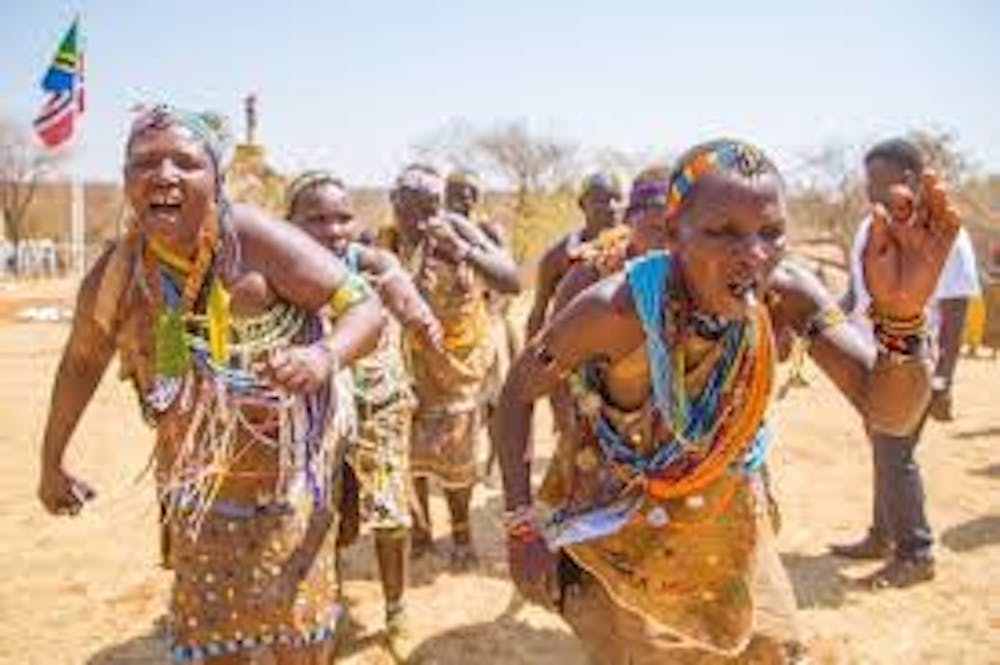Herman Pontzer, associate professor of evolutionary anthropology, studies the lifestyle and diet of the Hadza people of Tanzania, who are similar to Americans in many ways aside from one minor detail—they are hunter-gatherers.
Pontzer has delved into understanding the relationship between the lifestyle of the Hadza people and how it has impacted their physical health, applying this knowledge to improving overall human health.
“If you want to get a more holistic understanding of the human species, you need to have hunting and gathering as a point of reference,” he said.
The Hadza people are one of the few remaining groups with a hunter-gatherer lifestyle, walking four to seven miles per day to collect food and perform daily tasks. Surprisingly, their high activity level does not mean they burn more calories than the average American, Pontzer explained.
He argued that the reason Hadza people don’t burn more calories from their active lifestyle is perhaps due to lowered energy usage within the body.
“What we think is going on—we’re still in the process of testing these ideas—is that the Hadza and other active groups like them, they make room for that high level of physical activity by turning energy expenditure on other parts of their physiology down,” Pontzer said.
When Americans sit at a desk working for nine hours, they burn calories all day through many essential bodily functions. Pontzer explained that those internal processes in the Hadza simply don’t require as much energy as they do for Americans due to Americans' high levels of testosterone and a constantly inflamed immune system.
Although the Hadza people and American people may burn the same number of calories, he noted that the Hadza have healthier bodies. Pontzer added that the Hadza do not engage in the same indulgent eating activities as American people, who eat massive quantities of processed and unhealthy food.
“If you were to weigh their food, I don’t think it’s so different than ours necessarily, but it’s certainly bulkier and less fatty and sugary,” he said.
He has observed that, like all humans, the Hadza enjoy food that tastes good, sweet and flavorful. Their modes of achieving this, however, come from taking it from the land around them, not a nearby McDonalds.
While the Hadza women gather sweet, ripe berries and men hunt game each day, Americans may find themselves deciding between a bag of Cheetos or a Twix candy bar. The difference in diet plays into the lack of obesity in the Hadza population and the contrasting obesity epidemic in the United States.
“The reason that this is so useful is because they are exactly like us; they just happen to have a different culture," Pontzer said. "We can take those lessons, bring them home and they’ll work. Not because we are different, but because we are the same.”
Get The Chronicle straight to your inbox
Signup for our weekly newsletter. Cancel at any time.

